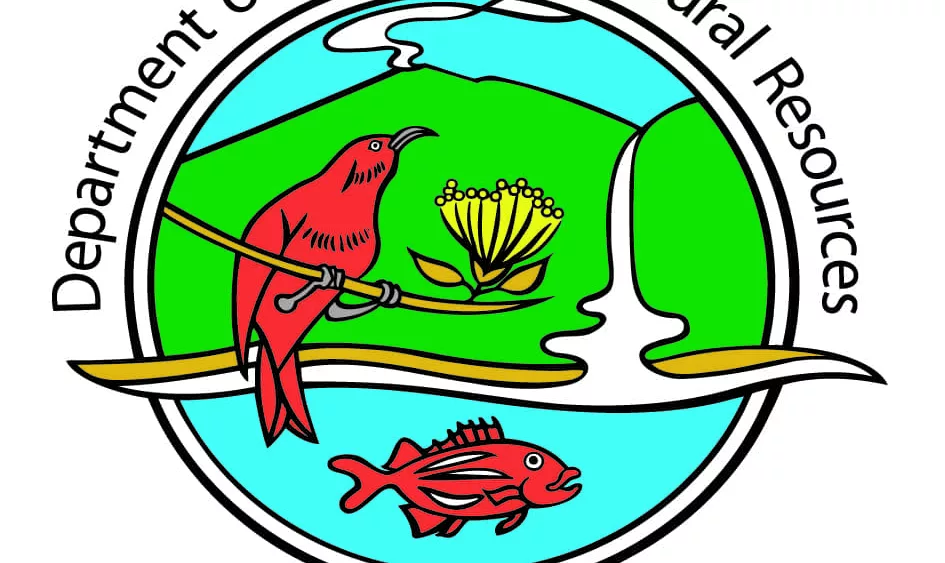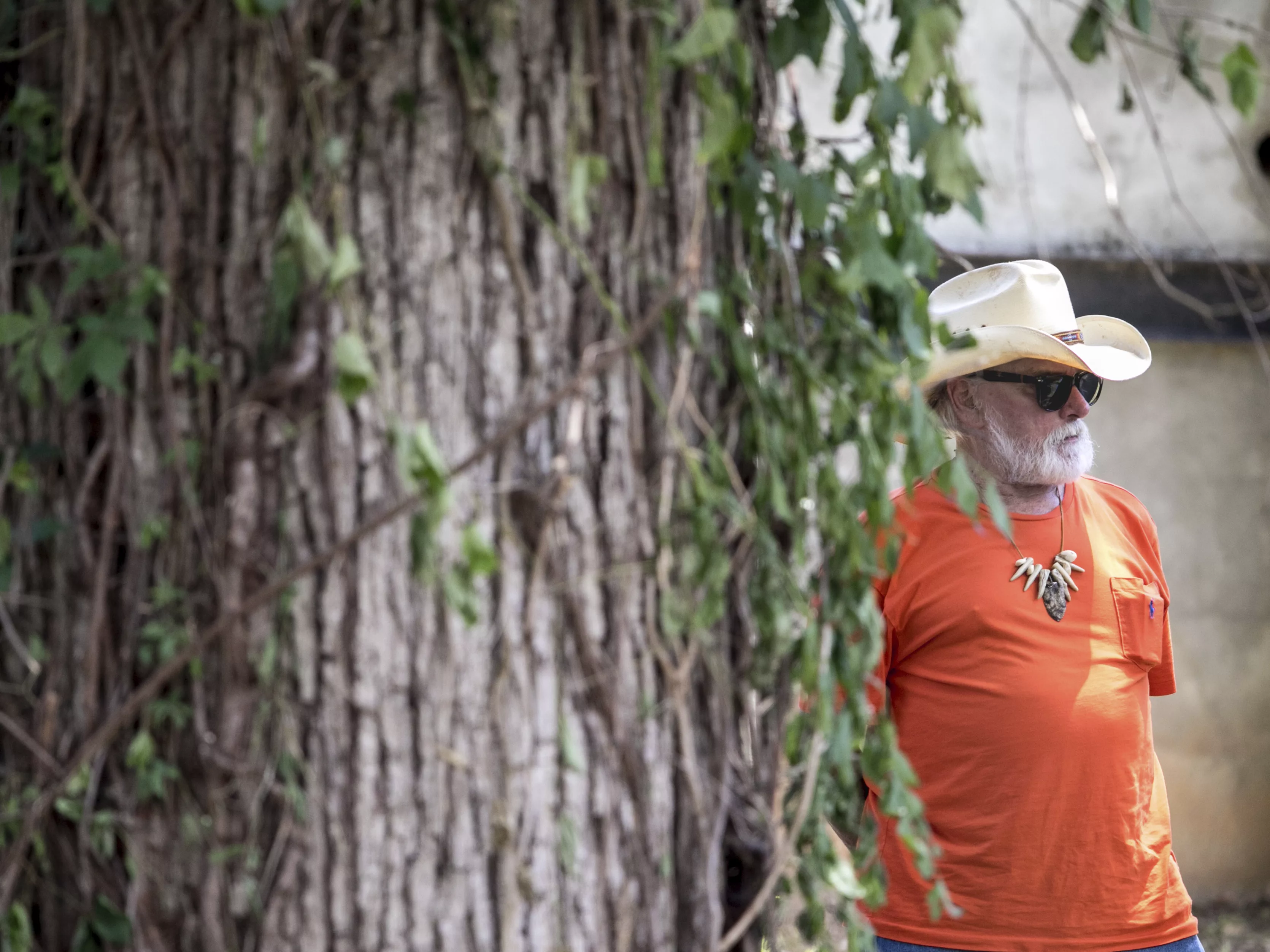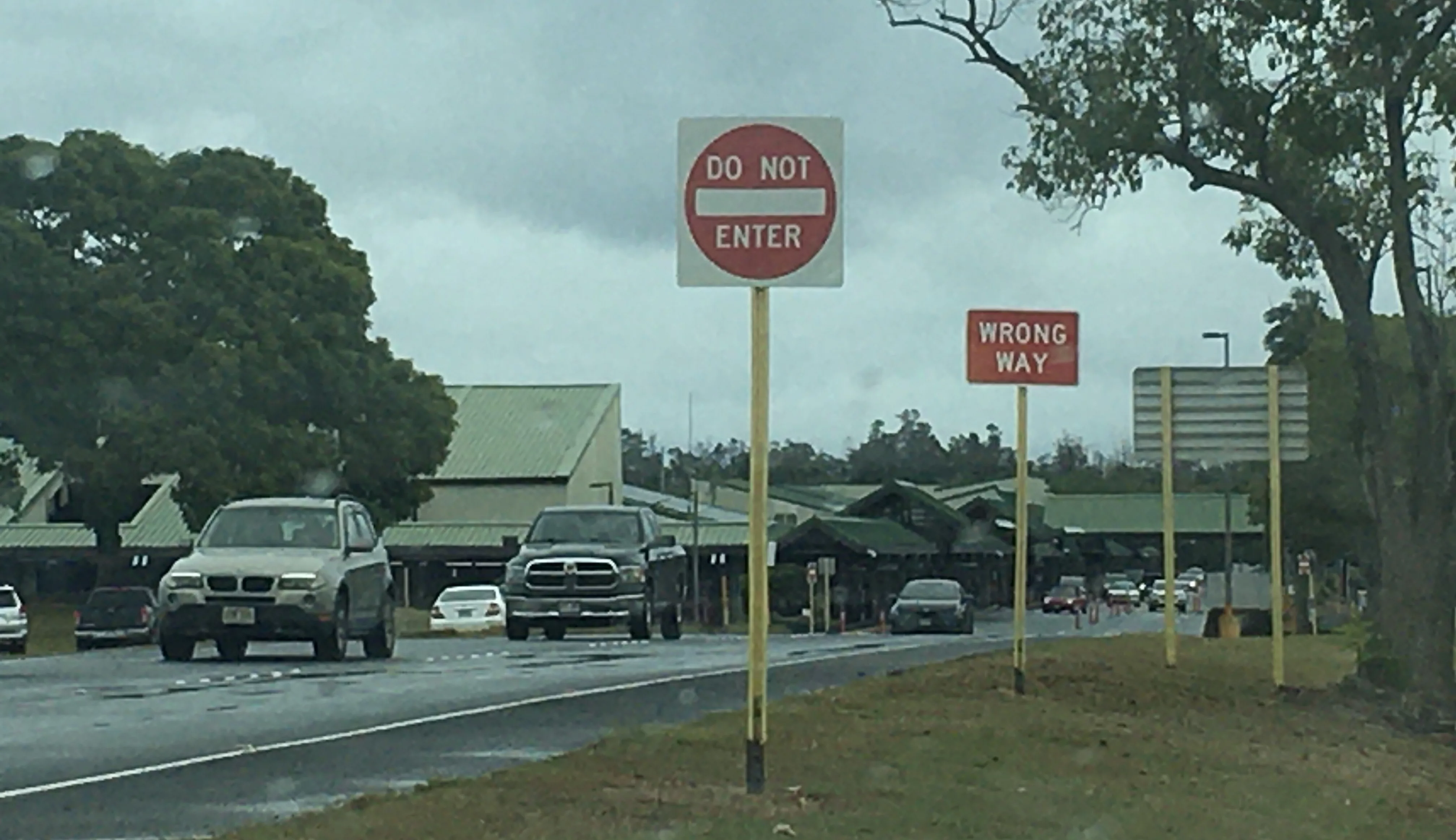The State Department of Health (DOH) reported two new monkeypox cases.
The individuals included an Oʻahu resident whose case is not related to travel and a non-resident diagnosed on Oʻahu whose case is related to travel outside of Hawaiʻi.
This brings the total number of statewide cases to 18. DOH continues to conduct contact tracing and follow-up with all reported cases.
“While the risk to most Hawaiʻi residents remains low, local transmission of monkeypox is occurring,” said Deputy State Epidemiologist Dr. Nathan Tan in a press release. Tan conin“The growing number of cases in Hawaiʻi underscores the importance of vaccination—if you are eligible, please take this step to protect yourself and our community.”
The JYNNEOS vaccine is available statewide to Hawaiʻi residents 18 and older. Vaccination eligibility includes:
- Close contact in the last 14 days with a person with known or suspected monkeypox infection;
- Gay, bisexual, and other men who have sex with men and transgender individuals who have multiple or anonymous sex partners;
- Persons with severe immune compromise (e.g., advanced or poorly controlled HIV infection, active cancer treatment, high-dose steroids) or certain skin conditions, such as eczema; AND who have a household member or sex partner at high risk for monkeypox.
Monkeypox is mainly spread through close, intimate contact with body fluids, lesion material, or items used by someone with monkeypox. It may be spread through large respiratory droplets that generally cannot travel more than a few feet, so prolonged contact is required.
Nationwide, the current cases are primarily spreading among social networks of gay, bisexual, and other men who have sex with men. In Hawaiʻi, at least some of the cases have been reported among gay or bisexual men. However, anyone who has close contact with someone with monkeypox is at risk of infection, regardless of sexual orientation or gender identity.
Individuals with monkeypox symptoms, including flu-like symptoms, swollen lymph nodes, or new or unexplained rash or sores, should immediately contact their healthcare provider. Testing and treatment are available through healthcare providers.





